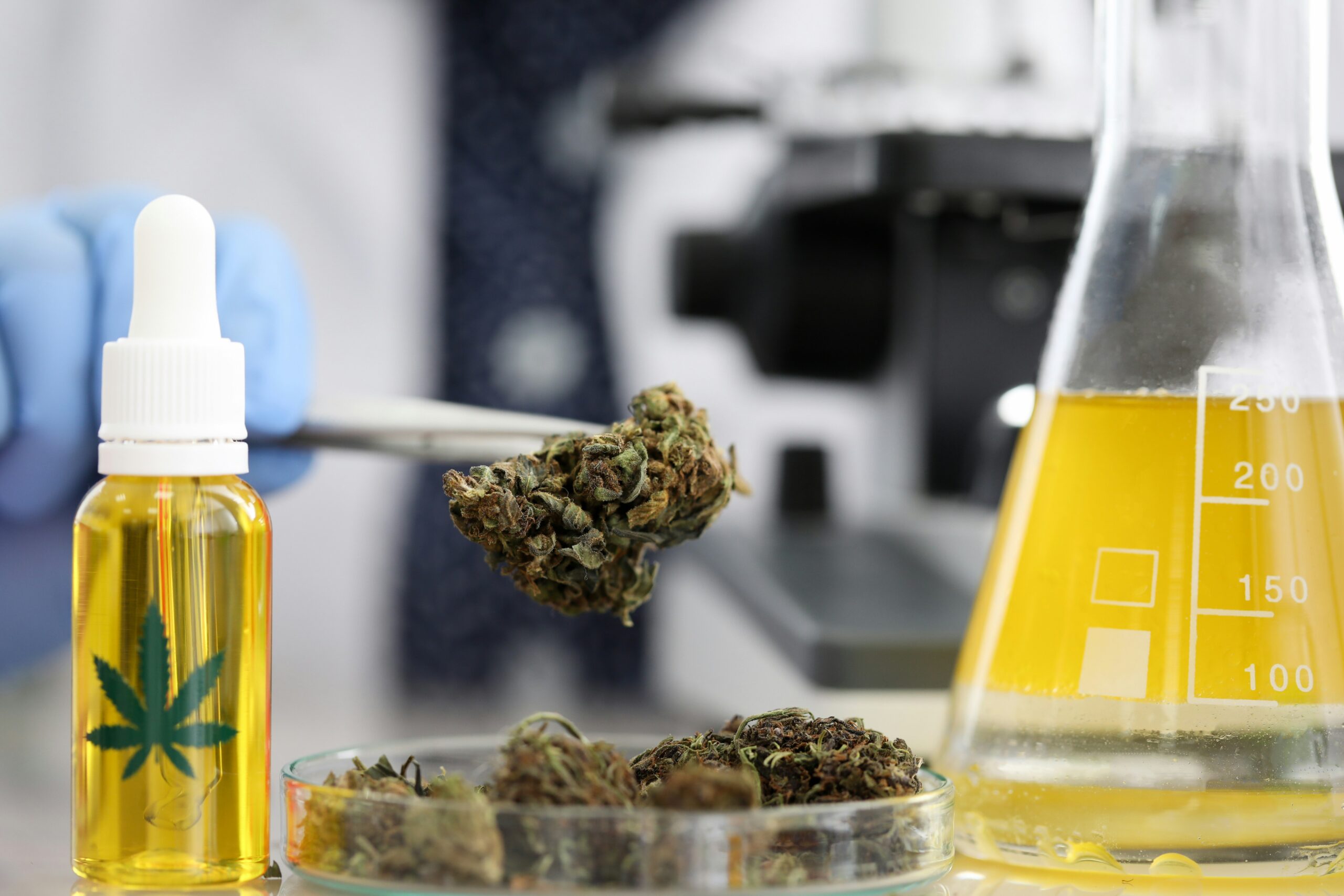
As the U.S. cannabis market continues to grow, testing laboratories have emerged as vital players in ensuring product quality, consumer safety, and regulatory compliance. These labs act as the gatekeepers of the industry, verifying everything from potency to cleanliness before products reach dispensary shelves. As explained by California Cannabis Testing Labs CCTL, their role goes beyond just testing; they influence branding, shape product development, and drive transparency in an industry still grappling with fragmented regulations and inconsistent oversight.
With states like California and Colorado setting new standards, the push for national alignment is gaining momentum. However, challenges remain, including ethical dilemmas, testing inaccuracies, and discrepancies in compliance enforcement. With the prospect of federal legalization looming, cannabis labs are poised to take on even more responsibility, not only domestically but increasingly in global markets where U.S. expertise is in demand.
Cannabis Testing in the U.S. Market
The legalization of cannabis across various U.S. states has introduced a need for reliable quality control measures. With each state creating its own regulatory framework, cannabis laboratories have become essential in verifying that products meet safety and potency standards before reaching consumers.
Testing is typically mandated by state agencies to screen for contaminants such as mold, pesticides, and heavy metals. These labs also confirm THC and CBD levels, which directly influence product labeling and dosage recommendations. Without these safeguards, consumers face greater risk, and businesses lack credibility in a competitive market. Some states have faced recalls due to contaminated products slipping through unverified testing processes.
Core Responsibilities of Cannabis Labs
Cannabis testing labs perform a range of critical analyses to ensure product safety and regulatory compliance. These include testing for potency, residual solvents, microbial contamination, pesticides, and heavy metals. The accuracy of these results is not only a legal requirement in most states but also a key factor in consumer decision-making.
Labs often use sophisticated techniques like gas chromatography and mass spectrometry to achieve precise readings. The data generated by labs directly impacts how products are labeled and marketed. A vape cartridge with inaccurate THC content could mislead users, leading to health or legal repercussions.
Lab Influence on Product Development and Branding
Test results have become a cornerstone of cannabis product development. Brands often rely on lab data to fine-tune formulations, whether adjusting cannabinoid ratios or ensuring compliance with strict pesticide limits. This scientific approach allows companies to innovate while staying within legal boundaries. It also enables faster product iterations based on batch-specific performance or consumer feedback.
Trust in a brand often begins with the certificate of analysis. Consumers increasingly seek products that are not only potent but also verified clean. Labs contribute to this trust by producing data that supports claims made on packaging and advertising. In competitive markets, a reputation for accurate lab work can elevate the lab and the brands it serves. This trust also extends to investors and retailers, who rely on verified data to assess product viability.
Current Challenges in Cannabis Lab Operations
One of the most pressing issues in cannabis testing is the lack of consistent regulations across states. While one state might have strict thresholds for pesticide levels, another may have far looser standards or none at all. This patchwork approach creates confusion for producers and undermines consumer confidence, especially in regions where interstate commerce is anticipated. It can also increase the cost of compliance for multi-state operators.
Without federal oversight, labs are often left to interpret ambiguous guidelines, leading to discrepancies in test results. Some labs may face pressure from clients to report more favorable numbers, particularly related to THC content. These ethical dilemmas can distort the market and compromise public safety.
In addition, the cost of maintaining high-quality testing equipment and properly trained staff is substantial. Smaller labs may struggle to keep up, which can further widen the gap in testing reliability across the industry.
Push Toward Standardization and Oversight
As the cannabis industry grows, a push toward establishing national testing protocols is gaining momentum. Some organizations are working to create universal benchmarks that labs across the country can follow, reducing variability and improving trust in lab results.
Third-party accreditation is becoming more common, offering a layer of quality assurance that goes beyond state requirements. Labs that undergo rigorous audits and participate in proficiency testing are better positioned to deliver reliable data, which benefits consumers and regulators. Accreditation also provides labs with a competitive edge in attracting high-profile clients.
Regulatory bodies are also taking a closer look at how to streamline lab oversight. In states like Oregon and Massachusetts, pilot programs have been launched to tighten enforcement and encourage transparency, signaling a shift toward greater accountability.
Future of Cannabis Testing Labs
Automation and advanced analytics are beginning to reshape cannabis testing. Instruments powered by AI and machine learning can process results faster and with greater precision, reducing human error and turnaround time. These innovations are expected to expand as labs scale to meet growing demand.
Should federal legalization move forward, labs would likely face additional scrutiny but also gain access to national markets. This shift could encourage greater investment in technology and talent, further professionalizing the field. A unified regulatory structure could also simplify compliance and reporting.
Global interest in cannabis is also opening doors. Countries with emerging medical cannabis programs are looking to established U.S. labs for guidance, partnerships, and best practices, positioning these labs as potential leaders on the international stage.